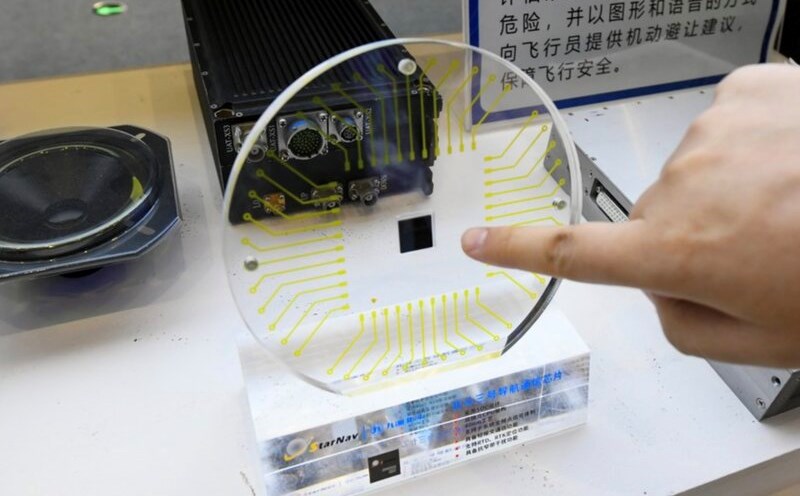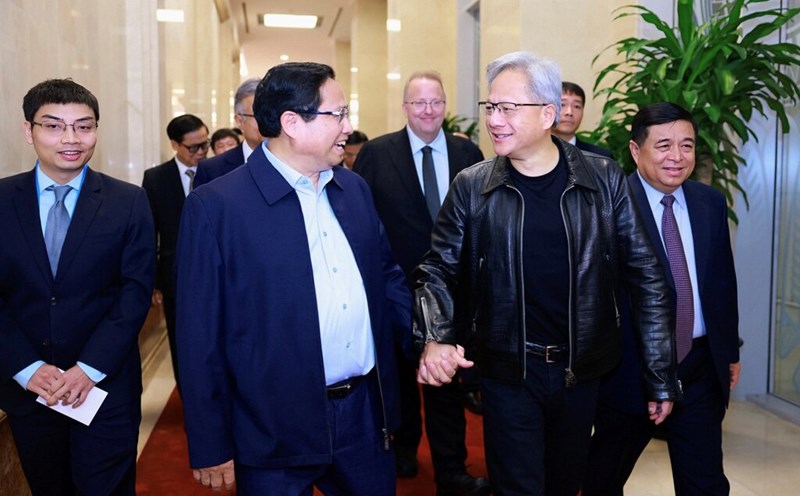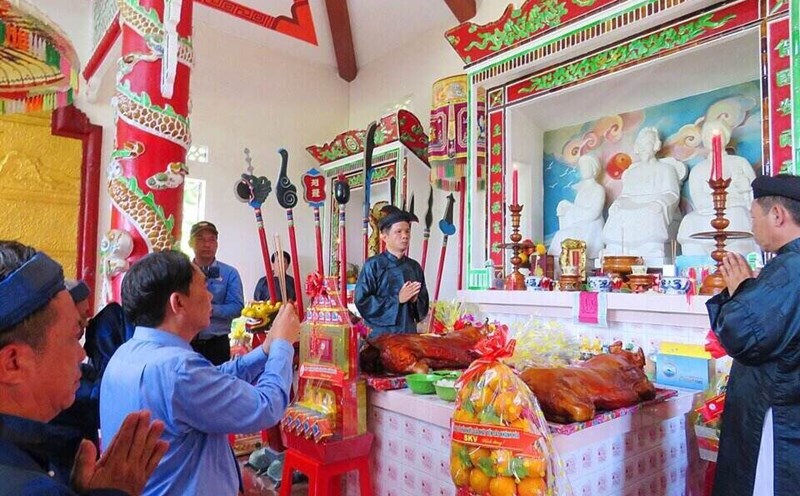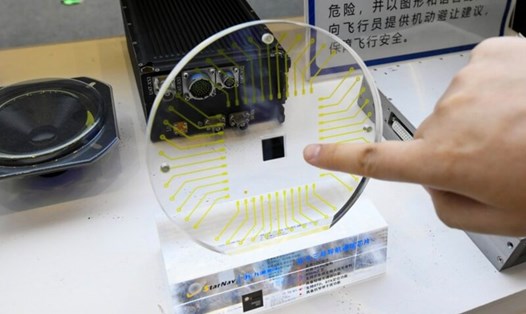This statement was made in an important speech taking place right in front of the Computex technology fair. He emphasized the importance of developing world-class AI infrastructure in Taiwan (China), saying Nvidia will cooperate with large corporations such as Foxconn, TSMC and local governments to implement the project, France24 reported on May 19.
According to Mr. Huang, this supercomputer will play a central role in strengthening the infrastructure and AI ecosystem in Taiwan (China). The announcement came as many global semiconductor giants gathered at Computex - one of the largest technology exhibitions in the region - amid chip industry facing tax and supply chain barriers.
At the event, highlights include taking AI out of the data center to apply to laptops, robots and cars. According to research firm Counterpoint, this year's exhibition shows a strong shift from "AI representative" in personal devices to "AI physical" bringing higher automation capabilities.
Paul Yu, an expert at the Witology Markettrend Research Institute, commented that the industry is at an important turning point in the development of AI hardware. He said that the 2025-2026 period will decide the transition from AI model training to profitable commercial applications.
In addition to technological prospects, Computex this year takes place in the context of the global semiconductor industry facing tariff policies from the US. However, most businesses avoid directly discussing this topic due to its sensitive nature. The Washington administration has recently launched a national security investigation into semiconductor technology imports, which could lead to heavier tax action.
Taiwan (China), which depends on exports, has committed to increasing investment in the US to avoid the 32% import tax rate. TSMC has planned to add $100 billion to its investment in the US, in addition to the previously announced $65 billion. GlobalWafers - a supplier of TSMC - has also just announced that it will increase its investment of 4 billion USD in manufacturing facilities in Texas.
However, Mr. Jensen Huang is still optimistic about the future of technology in Taiwan (China). He emphasized that this place will continue to play a central role in the global technology ecosystem thanks to the presence of many innovative companies.








